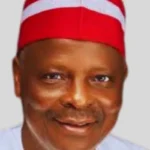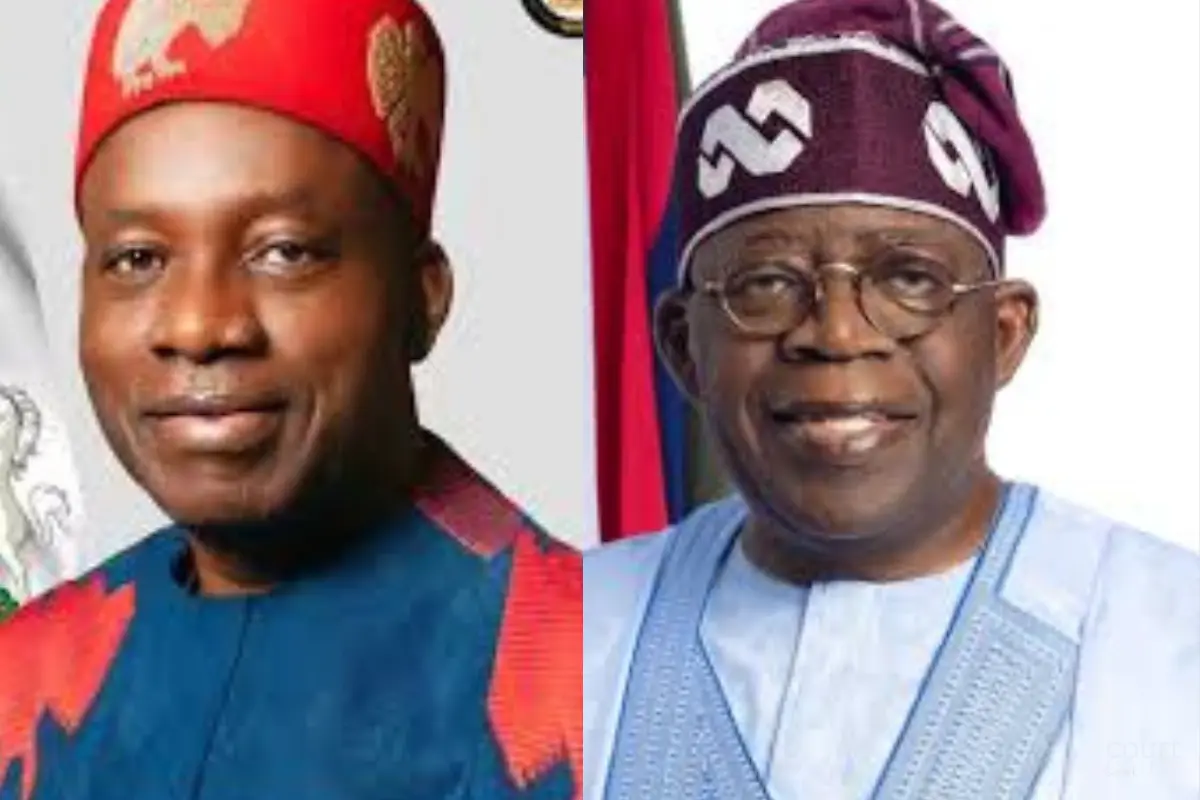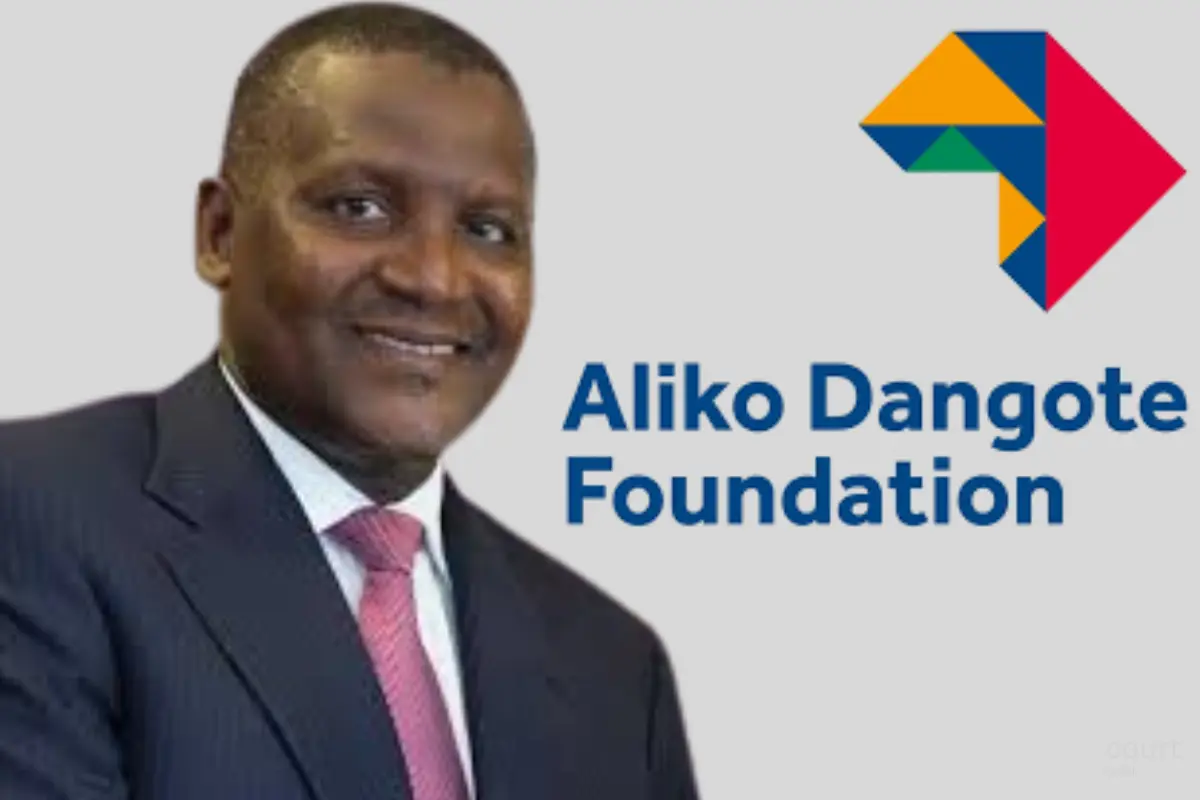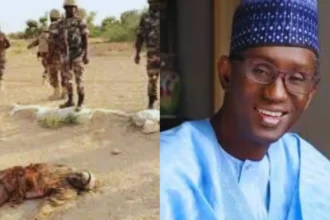In a startling revelation, Niger’s military president has leveled serious allegations against key Nigerian figures, including President Bola Ahmed Tinubu, Ahmed Rufai Abubakar (former Director-General of the National Intelligence Agency), and Nuhu Ribadu (current National Security Adviser). These allegations have raised concerns across diplomatic and security circles.
Mahdi Shehu, stated on his x handle that The Nigerien leader, a seasoned and highly decorated military general, accused the aforementioned individuals of engaging in actions detrimental to the sovereignty of both Niger and Nigeria. The allegations include:
- Collusion with France: The Nigerian officials are accused of working with the French government to destabilize Niger.
- Funding Terrorism: Claims suggest that they are forming, funding, and arming the Lukarawa terror group, while maintaining links with ISWAP and other terrorist organizations.
- Financial Ties: Allegedly receiving financial support from France to implement pro-French policies within the region.
The allegations, backed by specifics such as names, dates, and locations, have cast a shadow over the credibility of Nigeria’s current administration.
President Tinubu’s frequent interactions with France have further fueled suspicions. His six visits to the country over the past two years and the unilateral signing of agreements on solid mineral exploration with French entities without consulting local communities or state governors have raised eyebrows. Additionally, Tinubu’s reportedly close relationship with French President Emmanuel Macron has amplified these concerns.
The Nigerian Federal Government has issued a statement denying the allegations. However, critics argue that the response lacked depth, coherence, and credibility. Rather than quelling doubts, the government’s dismissal of the claims has inadvertently lent them more weight.
For many Nigerians, these accusations are not surprising, given the track records of the individuals named. Public skepticism toward the officials stems from long-standing concerns about governance, corruption, and their perceived allegiance to foreign interests over national priorities.
The Nigerien president’s statements have reignited discussions about national integrity and leadership in Nigeria. His vivid analogy of leaders “projecting the heart of Moses but wearing the face of Pharaoh” has resonated with many, emphasizing the need for vigilance in holding leaders accountable.
As these allegations circulate, they present a critical moment for reflection among Nigerians about the direction of their leadership and the forces shaping their nation’s future.


















